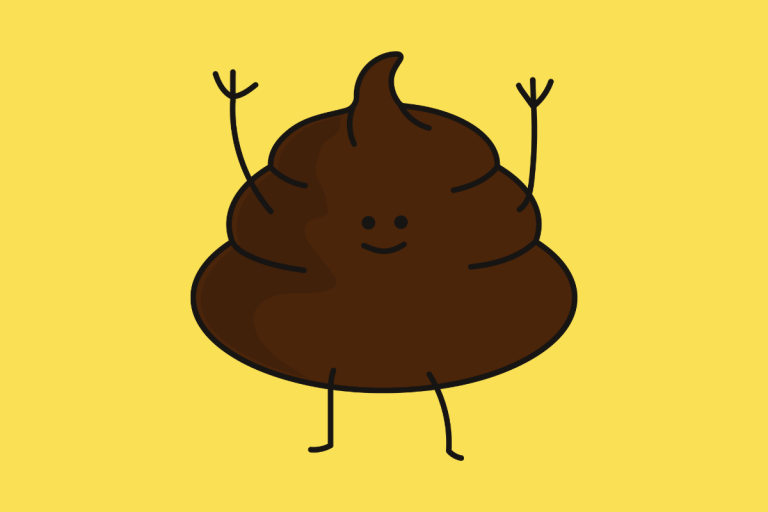
Hypothyroidism can be a complicated condition to treat, and what you eat can interfere with your treatment. Certain nutrients can significantly affect thyroid function, and certain foods can inhibit your ability to absorb the replacement hormones that are part of your thyroid treatment.
Having thyroid disease is no picnic, but you are not alone with this health problem. According to the American Thyroid Association, more than 12 percent of the population will experience thyroid disease at some point in their lives. Thyroid problems can be a secret: About 60 percent of the 20 million Americans don’t even know they have it.
As with many health conditions, some factors are beyond your control, such as your family history and environment. But diet also plays a role, and since you are in charge of what you eat, you can choose thyroid-friendly foods.
For many other diets, these are considered “healthy” or “safe,” so some of the items on this list may seem strange to you, like fiber and coffee. While you can still enjoy these food groups, it’s a good idea to reduce your intake when treating hypothyroidism.
But there are many other things to consider that fall into the “no-no” category as part of a smart diet, so it’s definitely not a good idea to skip them, or at least back off. These include fried fast foods, salty processed foods, sweet treats like pastries, cakes, cookies, and ice cream, and excessive alcohol.
So there is no “hypothyroid diet” that will make you healthy, but smart eating can help you feel better regardless of your condition. Here are nine foods to limit or avoid when dealing with hypothyroidism.
Soy foods, including edamame, tofu, and miso
There has long been concern about the potential adverse effects of certain compounds in soy called isoflavones on the thyroid gland. Some researchers believe that consuming too much soy may increase a person’s risk of developing hypothyroidism. A study published in Scientific Reports in March 2019 found that soy has no effect on thyroid hormones and only modestly increases thyroid-stimulating hormone levels.
Therefore, there are no specific dietary guidelines, but some studies suggest that soy consumption may interfere with the absorption of thyroid medication. This is why you shouldn’t take your normal dose until four hours after consuming a soy-based meal. To find out what’s right for you, speak with your doctor.
Cruciferous vegetables such as broccoli and cauliflower
Cruciferous vegetables like broccoli and cabbage are packed with fiber and other nutrients, but iodine deficiency can interfere with thyroid hormone production. So if you do, it’s a good idea to limit your intake of Brussels sprouts, sprouts, cauliflower, kale, beets, and bok choy. Because studies have shown that consuming these vegetables inhibits the thyroid gland’s ability to use iodine, which is essential for normal functioning. function. However, according to the Mayo Clinic, you need to consume large amounts of cruciferous vegetables to have a real effect on iodine absorption.
If you’ve been diagnosed with hypothyroidism or iodine deficiency, there are things you can do to make these vegetables less harmful. Cooking can reduce the effect on the thyroid, and limiting your intake of these (cooked) vegetables to 5 ounces per day can also help, as this amount will not adversely affect thyroid function.


